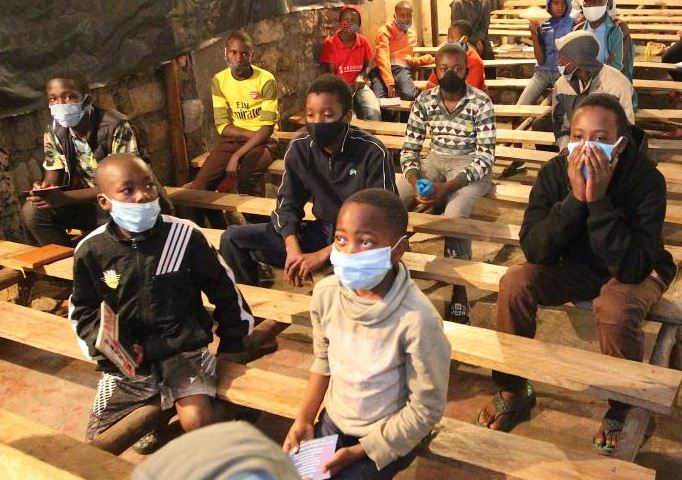×
The Standard e-Paper
Kenya’s Boldest Voice

Community-based teaching and learning might not be implemented this month.
The Standard has established that Parliament, ministries of Education, Interior, Health and the Teachers Service Commission (TSC) are yet to undertake a number of critical activities before learning in estates and villages begins.